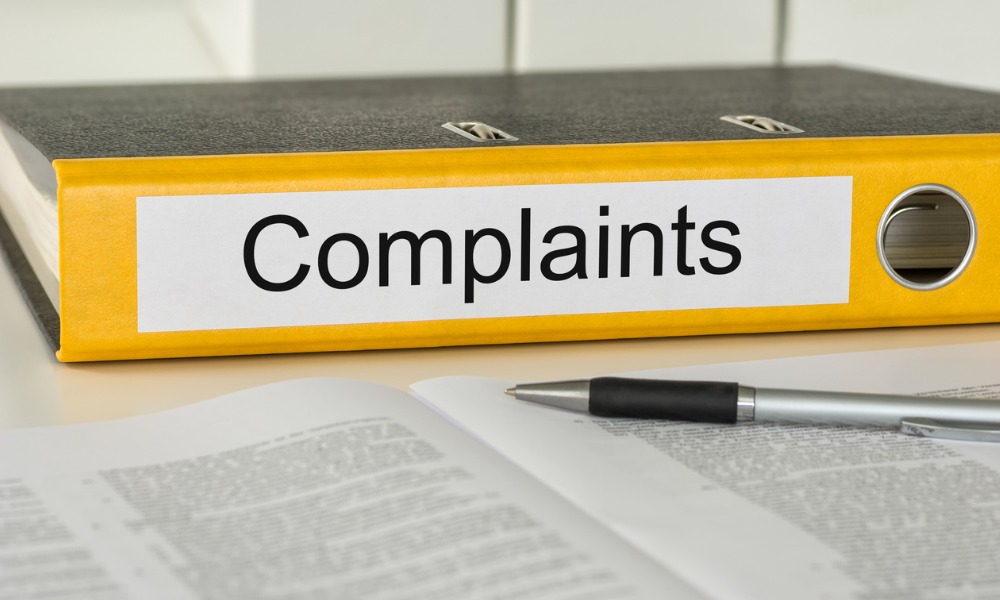
Investigation 'biased' and unsubstantiated, claims worker

The Federal Court of Australia recently dealt with a case involving allegations of adverse action taken against a long-serving employee who had exercised workplace rights by making complaints about his superiors.
The case highlighted the complexities of workplace relationships and the challenges employers face in managing employee complaints while avoiding accusations of retaliation.
It serves as a reminder for HR professionals and business partners about the importance of thorough investigations and fair decision-making processes when addressing workplace issues.
The worker in this case had been employed by the organisation for nearly 17 years as a Learning and Development Lead. The dispute began with complaints made by the worker against his line manager, alleging workplace bullying and failure to implement proper COVID-19 safety measures.
The conflict between them developed in 2020, including disagreements about the maximum number of people who should be in a training room during the COVID-19 pandemic.
The worker also lodged an application with the Fair Work Commission for a "stop bullying order" against his manager. This application was either discontinued or not pursued after a conciliation conference was held.
Subsequently, a colleague of the worker, a Learning and Development Facilitator, made complaints about his conduct. The first complaint alleged that the worker had contacted her inappropriately while she was on leave and had made unprofessional comments about workplace conflicts.
This led to disciplinary action against the worker, including a written warning and a six-month ban from being considered for any vacancy or position within the company.
The worker then complained about the handling of the investigation into his colleague's complaints, alleging a lack of procedural fairness and conflict of interest on the part of the operations director who conducted the investigation.
A second complaint was later made by the same colleague, alleging that the worker had bullied her since her return to work by failing to invite her to meetings and not communicating important information directly.
These events culminated in the termination of the worker's employment, which he alleged was adverse action taken because he had exercised his workplace rights by making complaints.
The employer denied that the adverse action was taken because the worker had exercised workplace rights. They contended that the disciplinary action and ultimate termination were due to substantiated complaints of misconduct by the worker against another employee.
The worker argued that his complaints against his manager and the operations director led to a desire to be rid of him, and that meritless complaints were seized upon as a reason to take disciplinary action and terminate his employment.
He claimed that the employer "went about cultivating, concealing and manipulating information, people and events in order to discipline and ultimately terminate the employment of the [worker]."
The court examined the evidence provided by both parties, including emails, text messages, and witness testimonies. Particular attention was paid to the operations director's reasoning for the disciplinary actions and termination, as she was the key decision-maker in the case.
The court found that the first disciplinary action, which resulted in a written warning and a six-month ban from consideration for other positions, was not taken because the worker had exercised workplace rights.
However, the court was not satisfied with the reasons given for the termination of employment following the second complaint.
The judge noted several issues with the investigation and decision-making process, including the failure to interview the complainant after receiving the worker's responses and the apparent lack of objectivity in interpreting the evidence.
For example, the judge stated:
"[The operations director] inexplicably chose to proceed to make findings that [the worker] had victimised and bullied [the colleague] without even the most elemental precaution of checking with [the colleague] whether [the worker's] responses were accurate and whether she maintained her complaint in view of those responses."
After thorough consideration, the court found that the employer had not discharged its onus (burden) of proving that the worker's complaints were not a substantial and operative reason for the adverse action taken against him.
The judge said:
"Ultimately, I am not satisfied that [the operations director's] reasons for finding that the allegations were substantiated and, consequently, that [the worker's] employment should be terminated did not include, as a substantial and operative reason, that [the worker] had made a complaint about [the operations director's] investigation of [the colleague's] first complaint."
This finding led to the conclusion that the employer had contravened Section 340(1) of the Fair Work Act by terminating the worker's employment because he had exercised his workplace right to make a complaint.
This case serves as a crucial reminder for HR professionals and employers about the importance of fair and thorough investigations into workplace complaints. It highlights the need for clear documentation of decision-making processes and the reasons for any adverse actions taken against employees.
The court's decision also underscores the significance of maintaining objectivity when dealing with employee complaints, especially when those complaints involve management or HR personnel.
As the judge noted in the decision:
"In my opinion, the reasons expressed by [the operations director] for her findings that [the worker] had engaged in retaliation and bullying of [the colleague] because she had made a complaint against him are so lacking in objectivity and plausibility as to indicate they are not genuinely her reasons for those findings."
The court’s observation emphasises the importance of HR professionals and employers maintaining impartiality and basing decisions on objective evidence rather than personal feelings or biases.